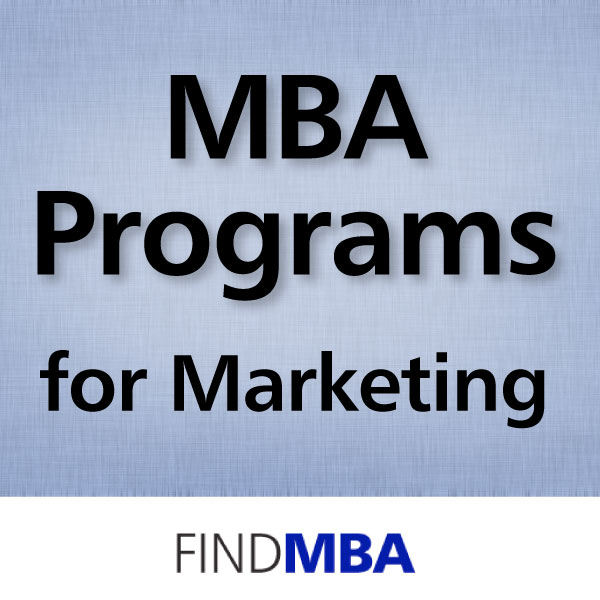
Hilde Albregts had been working in information technology roles at Shell for over eight years when she decided that she needed a change. She tested the waters by doing IT projects for the company's marketing department, but when she was officially transferred to the department, she felt a little bit out of her element.
“I felt a bit like a fraudster,” she says, “and I was feeling really, really frustrated.”
In particular, she felt that there was a disconnect between her background in IT, which is based on linear thinking, and her ability to approach the new marketing problems that she was being confronted with.
“When they have to explain something, IT people always look to explain it with boxes and arrows,” she says. “Here's a box, here's an arrow, here comes another box, here comes another arrow. And that's how my whole thinking was structured.”
This kind of linear problem-solving, she says, constrained her thinking when it came to marketing problems, which often tend to require more of an outside-the-box approach. So her manager suggested that she pursue an MBA, to help her see the bigger picture.
She opted for the Executive MBA program at the Rotterdam School of Management, which was a local school for her, so she could keep working while she attended classes.
During the EMBA, Albregts took some marketing-relevant courses, including “Brand Management,” as well as a class in creativity that focused on helping students develop new thinking patterns. Through these and the other core EMBA courses, she learned new ways of approaching problems that were more suitable to marketing. Specifically, she began to understand that her old way of thinking didn't really address one of marketing's guiding principles: the customer.
“Marketing is about customers,” she says, “customer experience, customer perception, customer excitement. And that's just something that wasn't in my system at all.”
The best of both worlds
Although it was challenging to balance work, life, and an EMBA program, Albregts finished her EMBA in 2012. Currently, she works in loyalty marketing operations at Shell, where she and her team coordinate various aspects of the company's loyalty programs between different countries.
In this role, she can draw on both her background in IT as well as the concepts that she learned during the EMBA. If Shell wants to introduce a loyalty program in a new country, for example, she'll work on the 'how' question – that is, how to deploy it, and keep it efficient and cost-effective, while making sure it's safe from fraudulent behavior.
This requires a fair bit of logical “boxes and arrows” thinking, as well as a studied consideration of how the programs will effect customers. Albregts says that her background in IT, in this sense, gives her something of an edge over those who have been in marketing for their whole careers.
 “That's what I take from my IT background,” she says of linear thinking. “Most marketeers usually think in terms of 'what will excite the customer,' rather than the question of 'how do you realize this?'”
“That's what I take from my IT background,” she says of linear thinking. “Most marketeers usually think in terms of 'what will excite the customer,' rather than the question of 'how do you realize this?'”
More broadly, Albregts says that the EMBA has helped her see things more clearly, since it has provided her with concrete concepts to frame what she does at work every day.
“I understand more, I see more,” she says. “The world has become clearer, and I feel like I have more control over it.”
“You have a sound theoretical base, you can think about how things are interconnected, and you actively think about how they are interconnected, and why things happen."
And in the end, this has given her renewed confidence in her job.
“I'm not out of my depth so easily anymore,” she says.
Photo: NJR ZA / Creative Commons (cropped)










